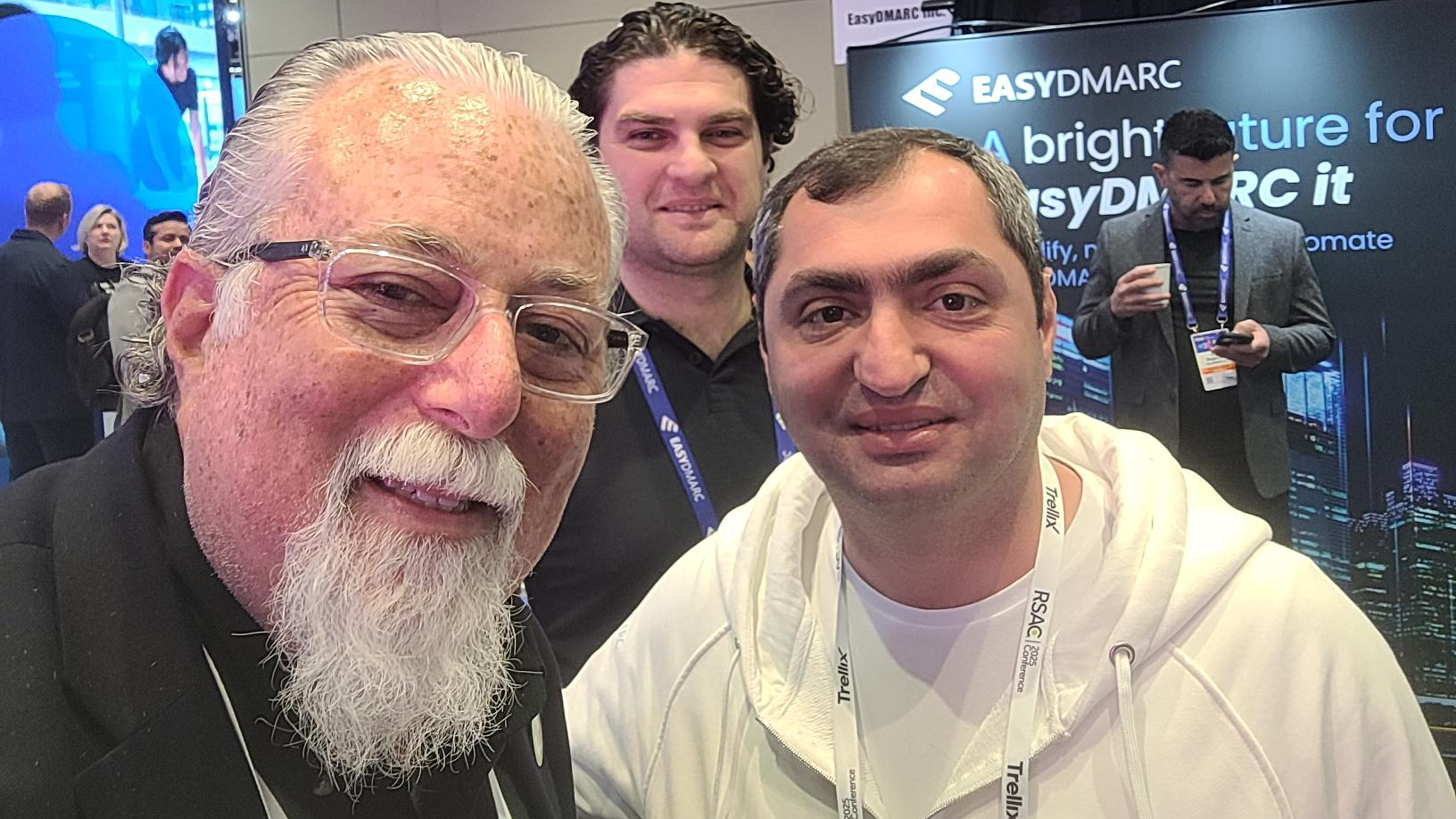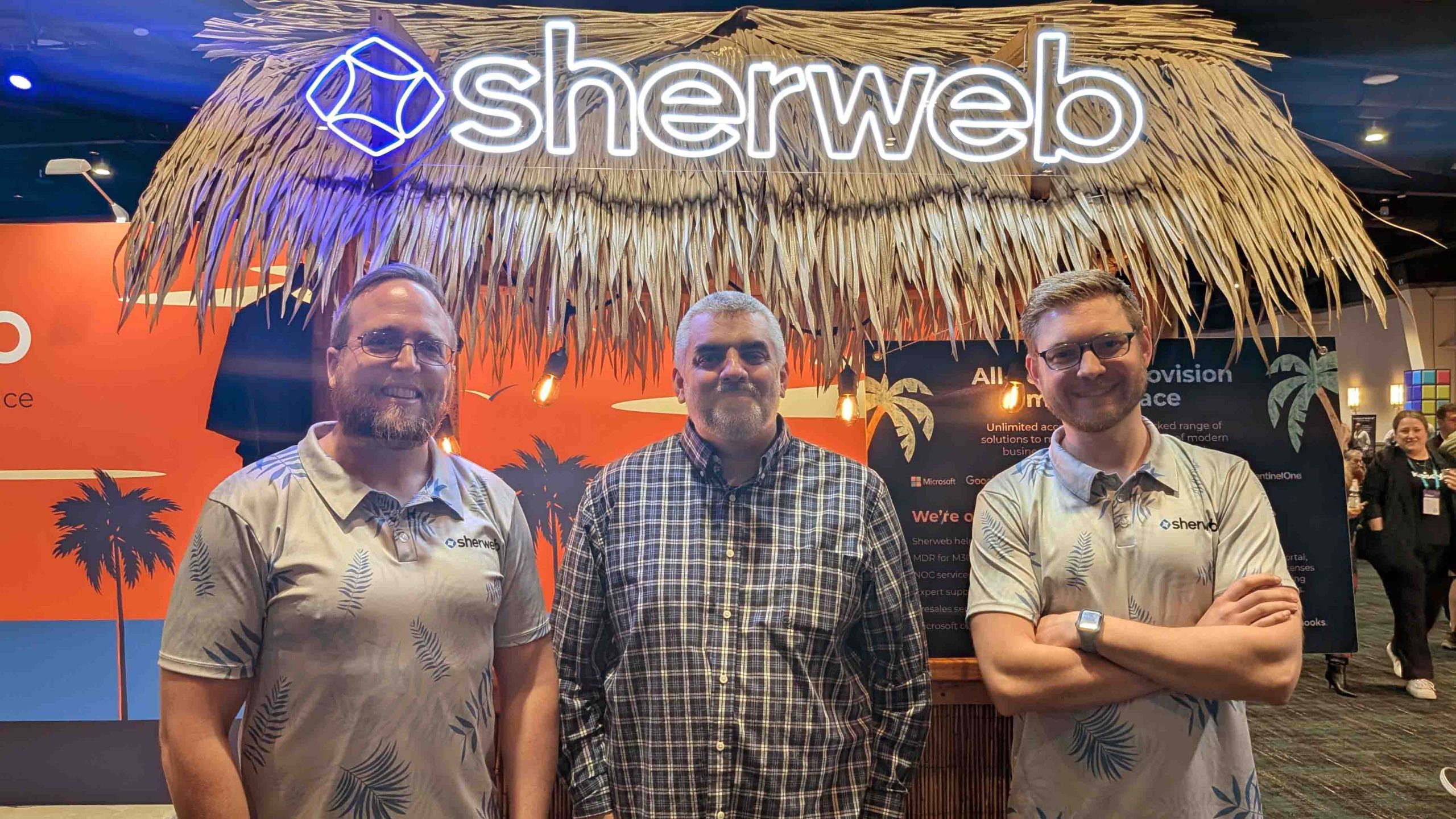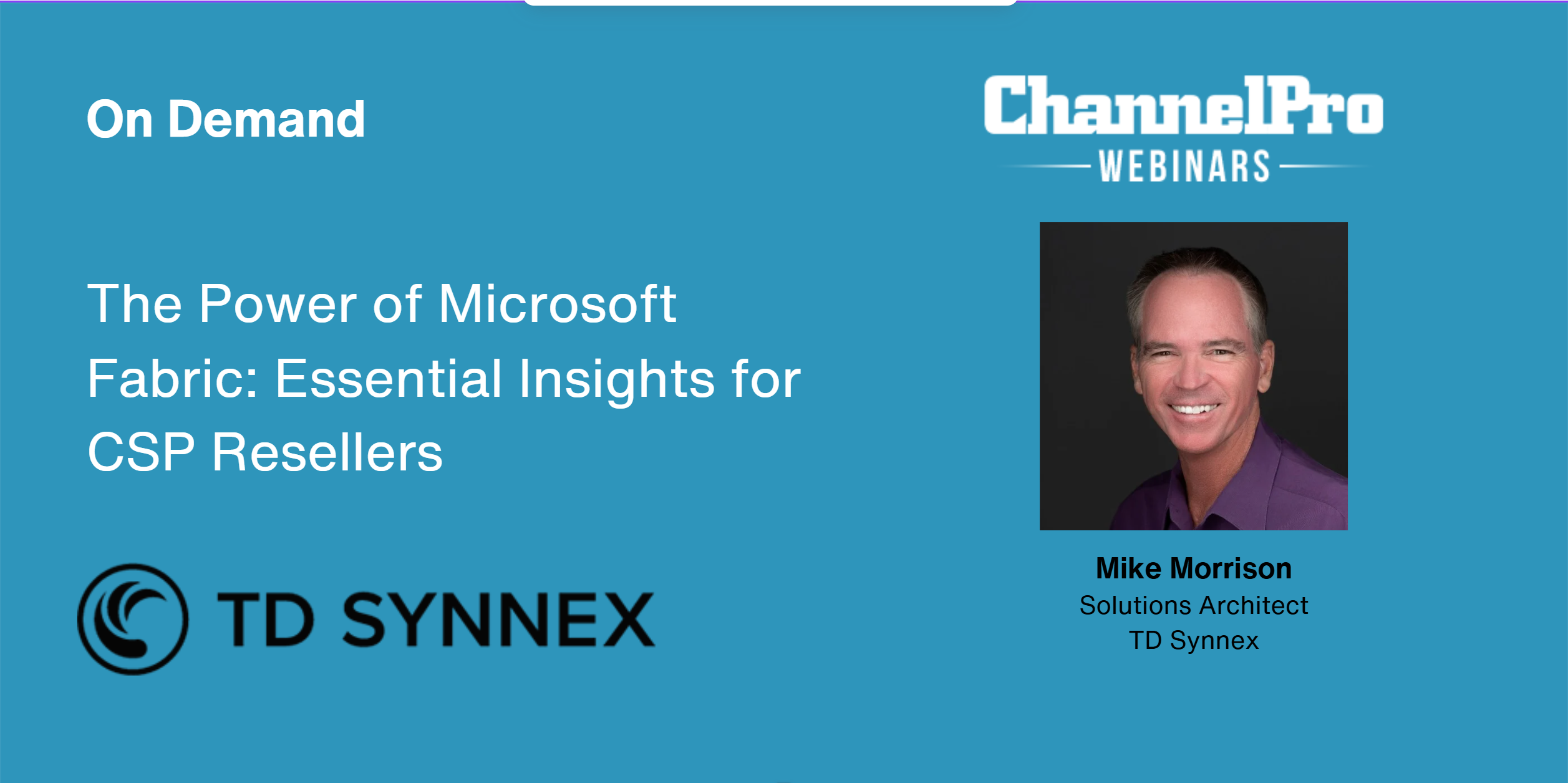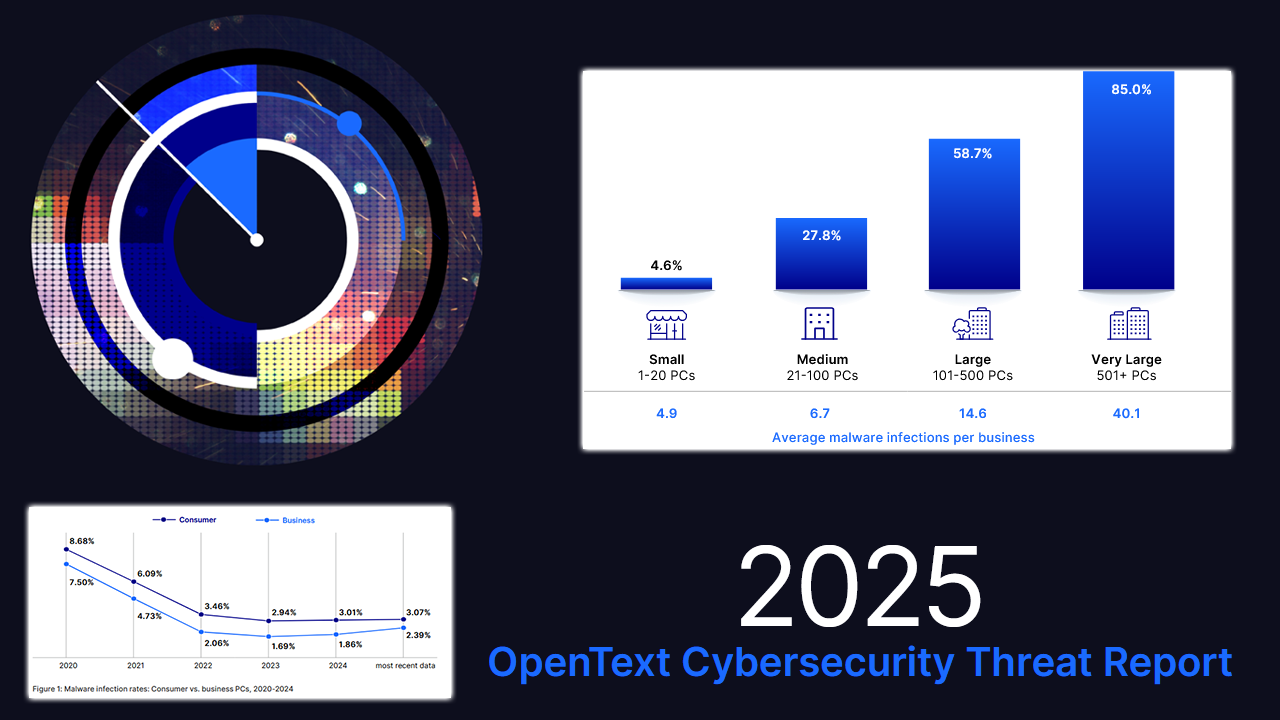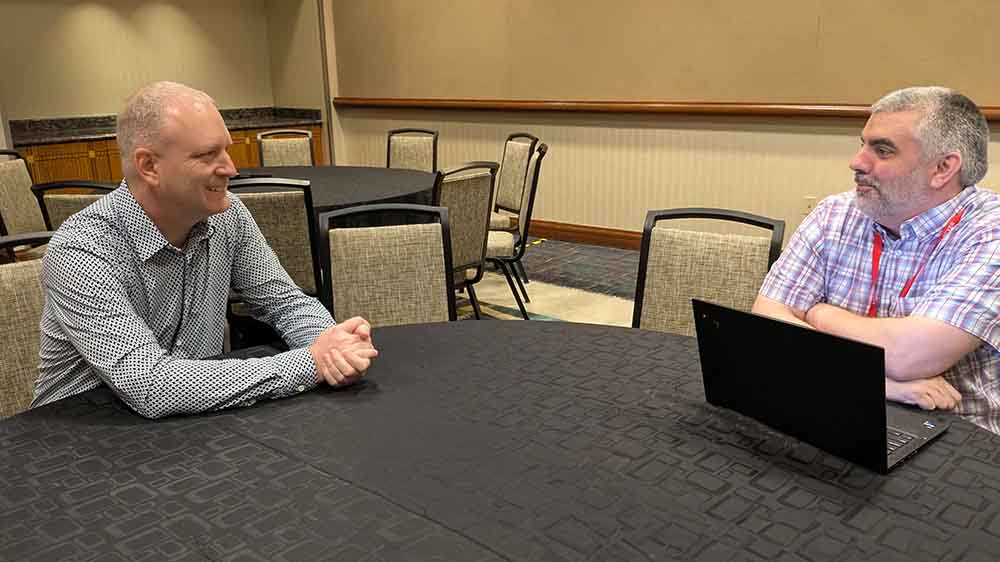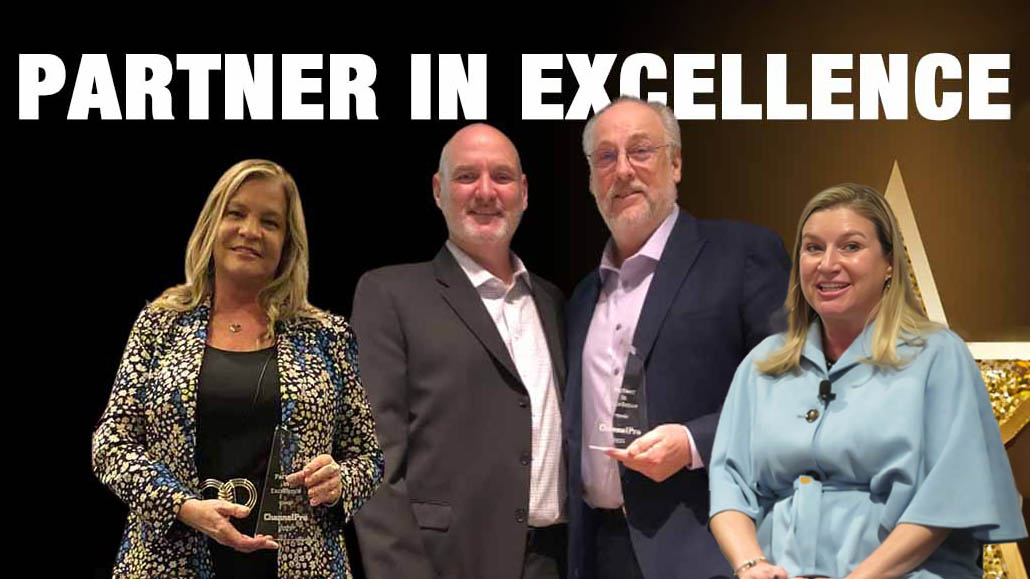The managed service provider field is so active these days, it resembles a schoolyard game of kickball. Larger MSPs, telecom companies, private equity firms, venture capitalists, and others are busy sizing up which regional MSPs they want on their team. And for anyone who thinks the shrinkage is nearly over, industry insiders predict this process still has several years to go.
“We are definitely at the beginning stages of MSP consolidation. With tens of thousands of sub-$5 million providers still available, market [stabilization] will take a few years,” says Craig Guice, CEO of outsourceIT, which has offices in Washington, D.C., and four other locations. A more than $20 million MSP, outsourceIT has been on its own spending spree, snapping up almost a half-dozen regional providers in the past few years.
Mike Harvath, president and CEO of Bloomington, Minn.-based Revenue Rocket Consulting Group, agrees that the merger and acquisition activity is just getting started. “There is a serious land grab going on, with very creative deals taking place,” says Harvath, a growth counselor and M&A adviser for IT services firms.
“We are definitely at the beginning stages of MSP consolidation. With tens of thousands of sub-$5 million providers still available, market [stabilization] will take a few years.” Craig Guice, CEO, outsourceIT
Best Buy MSP subsidiary mindSHIFT, Konica Minolta’s All Covered MSP division, and venture capital firm Technology Capital Investors (TCI) are among the notable shoppers trying to expand their IT services repertoire.
For instance, mindSHIFT in June acquired White Glove Technologies to break into the Texas market. All Covered in August snatched up healthcare MSP WaveTwo, and TCI in February picked up security-focused MSP Savid Technologies.
Guice, whose company recently merged with cloud service provider GoBeyondIT, observes that M&A interest lies in three distinct categories: the access the MSP provides to an attractive region or customer base, the talent within the MSP, or the proprietary technology it holds.
M&A – THE ONLY WAY
With the rapid pace of the market, Guice says MSPs are being led straight into M&As. OutsourceIT, which has been around since 2004, attempted to grow organically but soon realized that a “natural” pace wasn’t fast enough. “It would have taken a long time to get to the size and scale we needed to compete,” he says.
In addition to MSPs that are trying to build out their businesses, the market is flooded with “outsiders” such as private equity firms that want to expand their portfolios with cloud computing plays like managed services.
“Managed service providers have always been highly labor-intensive and as such, difficult to scale. Cloud computing is changing that and the fundamental nature of what an MSP does,” says Sam Attias, managing partner and founder of TCI, headquartered in New York. “MSPs have to move from being solutions providers to being the ones that unify the IT needs of a business. They have to become the aggregator.” Altering this strategy will not only enable MSPs to grab more customers in their region, but also broaden their expertise into other services and locales.
The business model isn’t the only thing evolving; client attitudes are as well. Companies are open to the centralization and standardization of services that cloud promotes in exchange for lower prices and faster turnaround times, according to Attias. “What they’re seeing is that cloud enables them to quickly and cost effectively scale IT,” he says.
The telcos, ISPs, data center hosts, and other peripheral players also see the value in acquiring small to midsize MSPs. Adding MSP technology enables them to sell more services to an established customer base. For instance, Earthlink last year bought a managed services suite from Synergy Global Solutions to kick-start its MSP revenue stream.
BUY OR BE BOUGHT
Already, the midmarket has had a sizable chunk taken out of it thanks to consolidation, according to Harvath. And for that reason, he is seeing the sharks with the stuffed wallets move farther downstream. “Buyers are going to run out of $15 million MSPs. They have to broaden their search to those in the $2 million to $5 million range,” he says.
Antonio Piraino, CTO of Reston, Va.-based software maker ScienceLogic Inc., says a lot of MSPs are quaking in the wake of industry shifts. “They are having a tough time going up against the big guys because they don’t have the money to engage in price wars or to beef up their infrastructure,” he says.
Piraino has had a front-row seat to the drama over the past few years as a provider of monitoring and management software to MSPs. “For some reason, a lot of MSPs become stagnant when they hit the $1 million to $5 million mark. They don’t know how to differentiate themselves,” he says.
“For some reason, a lot of MSPs become stagnant when they hit the $1 million to $5 million mark. They don’t know how to differentiate themselves.” Antonio Piraino, CTO, ScienceLogic Inc.
Some, Piraino believes, make the often-fatal mistake of trying to build everything in-house rather than using open source systems or third-party specialist tools providers. “They spend millions of man-hours writing code that just doesn’t scale once they onboard the serious customers,” he says.
That’s an error outsourceIT fell victim to. Developers tried to construct a hosted desktop service from scratch, but couldn’t work out the third-party application integration. To course-correct, the company picked up GoBeyondIT and its team of engineers who were highly skilled in hosted desktop environments, Guice says.
Another mistake: Smaller MSPs wait to be led by a large customer. “It isn’t until they snag a big client that they realize they need more mature tools. In fact, usually the customer winds up dictating the kind of hardware, software, and services they want,” Piraino says.
MSPs also are under the false assumption that all customers want their service providers nearby. “We’re starting to see less and less of this ‘server hugging’ mentality,” notes Piraino. “After all, Google, Salesforce.com, and other low-touch global companies are gaining ground in the enterprise space.”
Jason Verge, analyst for mass-market hosting at 451 Research, urges smaller MSPs to realize that the cloud paradigm has forever changed their world. Therefore, they either have to focus on a niche market that the larger companies can’t adequately support or start courting their larger counterparts.
GETTING READY FOR THE DANCE
Although demand for smaller MSPs is incredibly high, companies shouldn’t be fooled into thinking they just can wait by the phone for a call. Instead, they need to start the up-front work now to ensure their uniqueness is on display.
“You have to figure out what you have that other small MSPs don’t. For instance, if you are well-versed in Federal Information Security Management Act [FISMA] compliance, make sure that’s known,” Verge says. “Promote anything you bring to a company that they don’t already have.”
Revenue Rocket Consulting’s Harvath advises clients to consider whether they want to stay with the bigger company or be completely bought out. If they offer to stay through the transition, that can be a selling point for buyers.
Also, he warns of culture clashes. “You’ll know within the first 30 minutes if your attitudes about work and personal life match. If they don’t, then the deal isn’t going to work,” he says.
Another attractive feature is geography. If, as a smaller MSP, you are in a market that is hot right now, then share your level of entrenchment with potential buyers. The less work they have to do to fill out their customer base, the more value you hold.
Your proprietary technology or customized off-the-shelf technology should also be ready to walk the runway, Harvath recommends. Suitors want to see what they’re getting, so don’t hold your wares too close to the vest. Instead, talk up the process your team went through to develop your solutions and what else is on your roadmap.
Finally, be ready to show growth. “You need to be able to architect a reasonable ROI within five years, or an internal rate of return north of 20 percent, for the buyer,” Harvath says.
PACK YOUR PATIENCE
Mergers and acquisitions are not easy endeavors. In addition to their length – Harvath puts the average at six months – they have a lot of missteps. “Companies that close 30 deals a year seriously consider more than 100. They go through a pretty rigorous process to make sure it’s a good fit,” he says. He counsels his clients to shy away from a cookie-cutter approach when acquiring or blending companies and instead handle each on its individual merits.
Guice knows this firsthand. “There’s such a thing as going too fast – that’s when you lose the chance to benefit from synergies,” he says. If you’re doing two or three deals a quarter, it’s difficult to integrate everything properly, he adds.
His company paces itself, carefully progressing through research, vetting, interviews, and offers. He is always scouting candidates – at events, networking functions, and other opportunities. In fact, a chance encounter with the CEO of a small MSP focused on law firms five years ago resulted in an acquisition this past summer. “I sat at a table with him at an event and joked that if you want to retire, let me know and I’ll buy your business. And he did,” Guice says, though the name of the company has not been released.
But for as many successful deals as outsourceIT has had over the past few years, there are those that crumbled, including one that fell apart the week of closing.
Guice’s strongest advice for both acquirers and acquirees: “Put together a shortlist of what companies would be a good fit for you. That way, when it happens, you’re ready.”
He also tells small MSPs to be proactive. “Don’t just sit around waiting for a call. Reach out to the companies that interest you.”
[related story]
Staying Solo
For James Fields, president of Nashville-based MSP Concept Technology Inc., the M&A gold rush seems antithetical to his clients’ desire for hands-on IT services. It’s an issue he sees magnifying in the years to come.
“In Nashville, national providers are just now entering the market. It’s a relatively new thing,” he says. But as Fields sees the consolidation among his regional peers, he wonders how smaller MSPs will distinguish themselves.
“Today, if a client needs support, we will often zip over there to help them. We take a very personal approach and we also think proactively about our clients’ business,” he says. Fields worries that such relationships will disappear in the era of big MSPs.
Already, though, Fields acknowledges the need to adapt. For instance, Concept now institutes a hybrid approach to managed services, where a portion is done on-site and another from a central location. However, he rejects outright the notion that at some point MSPs won’t need to know the culture of their clients’ business and the region. “An auto body shop is completely different than a doctor’s office. And southern Alabama is completely different than Manhattan. You can’t treat everything the same,” he says.
If the M&A madness hits Nashville, Fields says he’ll dig into niche markets like architecture firms, which tend to need close-proximity assistance with their high-functioning computers.
“Once it’s not about people, you cease being a partner and become a vendor – and it’s only about price,” he says.




